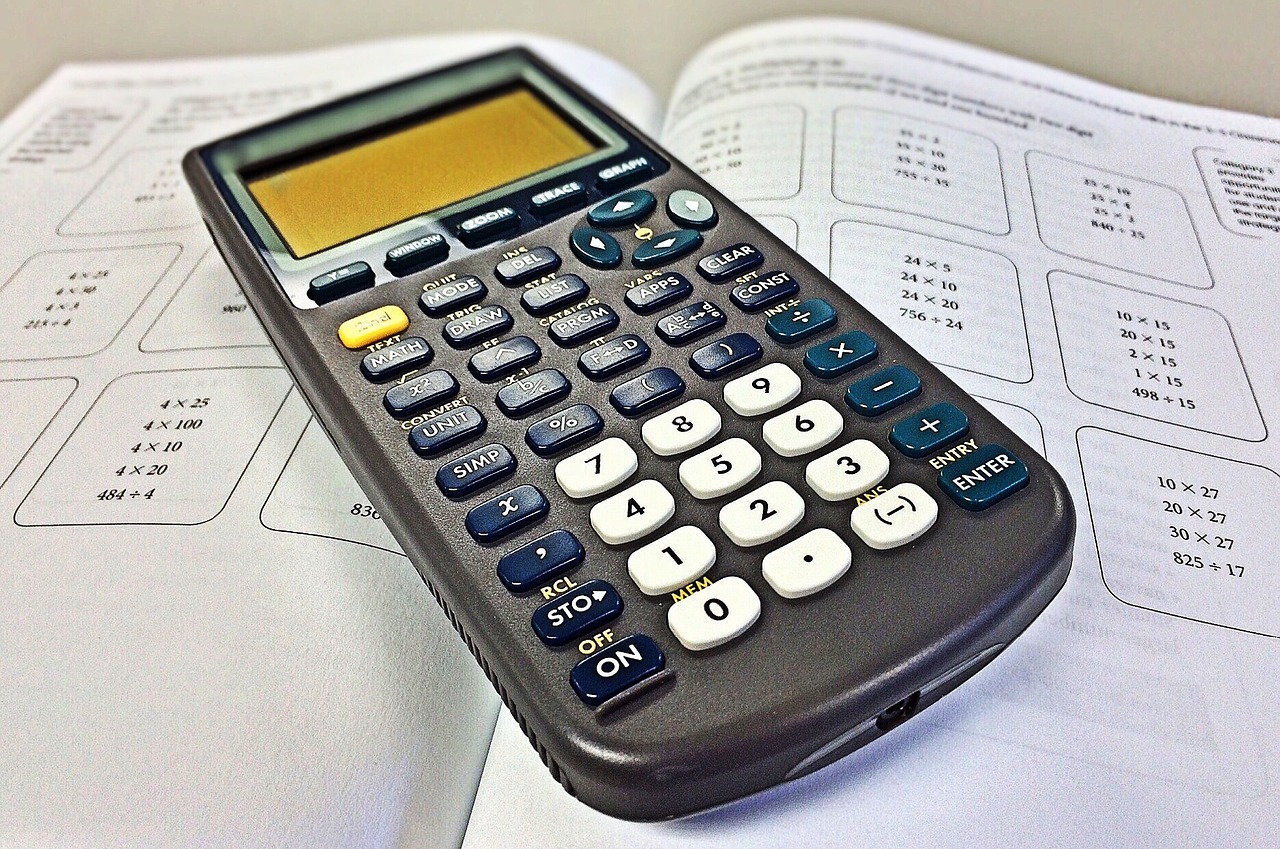News release
From:
- Counting sleep – Revising maths before bed could help you remember more effectively than studying in the morning. Participants learnt complex multiplication facts at two points in the day: before falling asleep and in the morning. Calculations learnt before sleeping were recalled better than those learnt during the day. Sleep has previously been shown to improve memory of words; however this is the first evidence that these sleep-related benefits extend to recalling mathematical facts. Royal Society Open Science
Positive impact of sleep on recall of multiplication facts
Royal Society Open Science
Being able to remember the answers to multiplication problems is important for success in mathematics. This study identified that learning complex multiplication problems (e.g. 8 x 23 = 184) before bed resulted in better remembering of these multiplications problems, compared to learning these problems in the morning. The study demonstrates that sleep-related benefits of learning information prior bedtime, compared with learning during the daytime extends to mathematical fact learning.



 International
International



